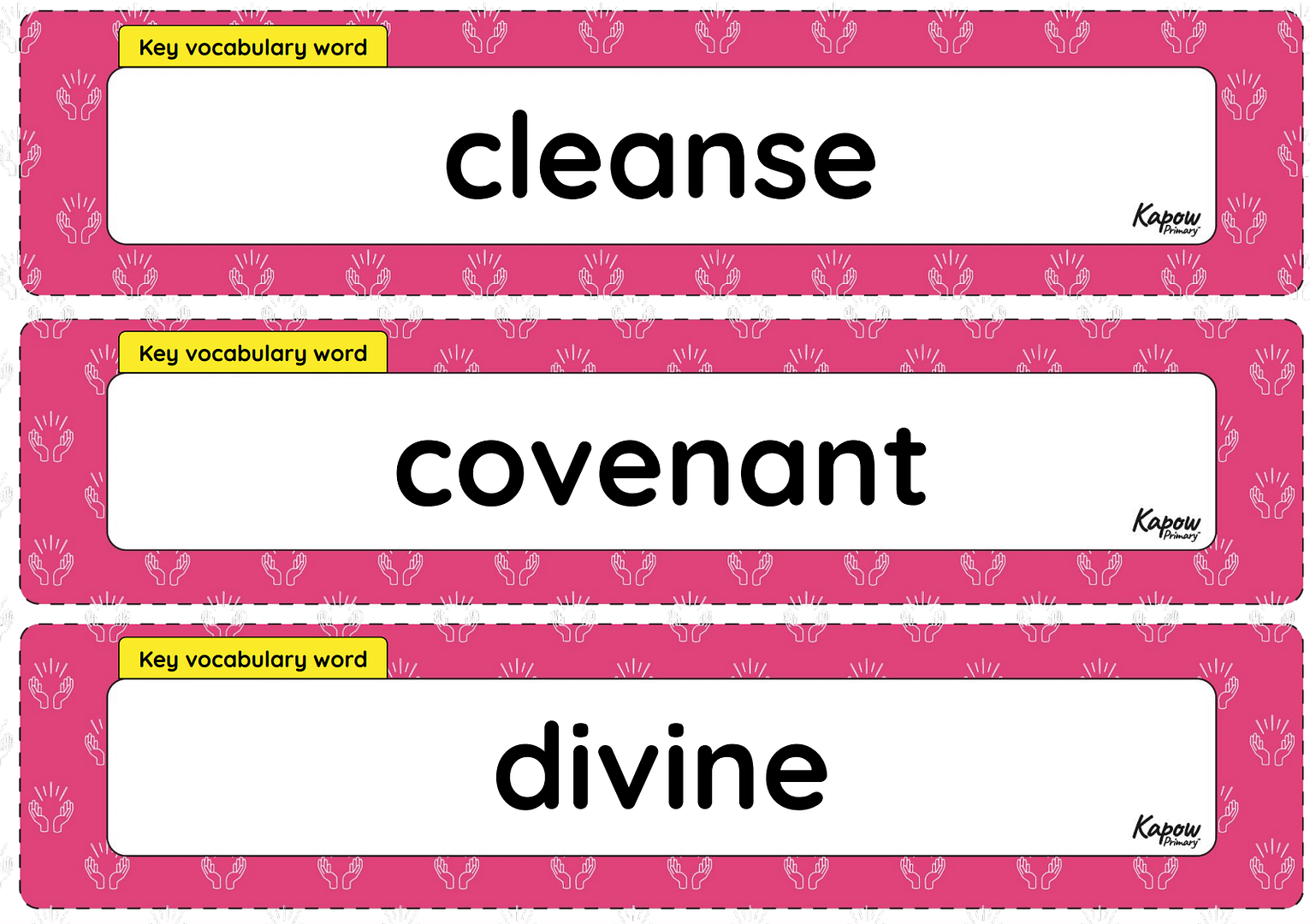*Updated* Why is fire used ceremonially?
Exploring the symbolism of fire in ceremonies and for remembrance.
- Subjects >
- Religion and worldviews >
- Lower key stage 2 >
- Year 3 >
-
*Updated* Why is fire used ceremonially?
Unit outcomes
Pupils who are secure will be able to:
- Discussing different ways fire can be used and considering connections.
- Suggesting the symbolism of the Olympic flame.
- Discussing how someone at a Hindu ceremony might feel and what the fire might mean to them.
- Identifying the role of Shiva’s fire in a story.
- Explaining why fire is used in some Zoroastrian ceremonies.
- Explaining why different Jewish candles might be lit.
- Suggesting symbols to represent remembrance.
- Discussing why Jesus is seen by many Christians as the ‘light of the world’.
Suggested prior learning
Why is water symbolic?
Get startedLessons
Lesson 1: What can fire symbolise?
- To suggest some symbolic meanings of fire by exploring the Olympic flame ceremony.
Lesson 2: How is fire used in some Hindu ceremonies?
- To explore the symbolism of fire in different Hindu ceremonies.
Lesson 3: Can fire be divine?
- To explore how fire can represents both destruction and renewal in some Hindu ceremonies.
Lesson 4: What is an eternal flame?
- To explore the significance of fire in the Zoroastrian worldview.
Lesson 5: How is fire used to remember?
- To consider how some candles are used to remember in the Jewish worldview.
Lesson 6: What happens in the Easter Vigil?
- To explore the significance of fire in the Easter Vigil.
Key skills
Key knowledge
Related content
Resources
Unit resources

Religion and worldviews
Knowledge organiser – R&W Y3: Why is fire used ceremonially?
Aimed at pupils, a single page document providing key facts and definitions from the 'Why is fire used ceremonially?' unit.

Religion and worldviews
Vocabulary display – R&W Y3: Why is fire used ceremonially?
A display version of the vocabulary from the ‘Why is fire used ceremonially’ unit.
Cross-curricular opportunities
English: Reading comprehension; Spoken language.
History: Ancient Greece.
Science: Plants.
RSE: Respectful relationships.
British Values: Tolerance of different cultures and religions; Mutual respect.

